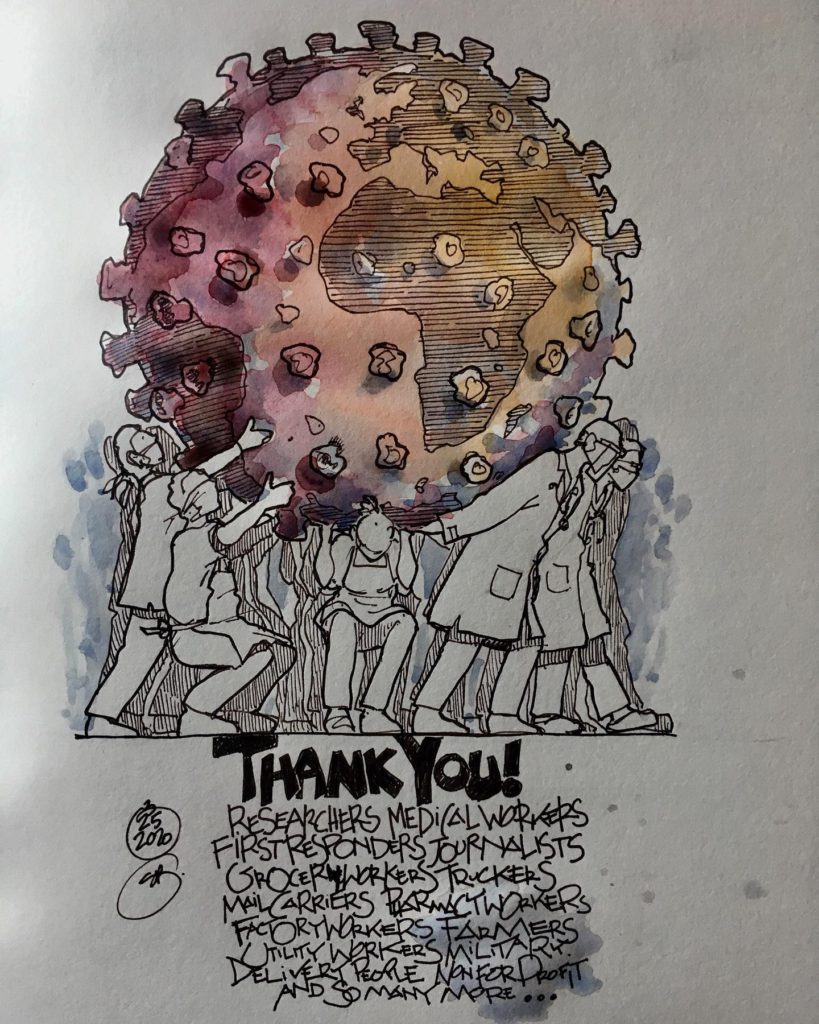Flowbee: An Easy and Economical Option for a Haircut in the Age of Coronavirus
Over the past 15 years, people have chuckled when I told them that I don't pay other people to cut my hair. I use a Flowbee. [I can imagine people laughing as I write this].
 I was introduced to Flowbee by a well-coiffed gay man, the head of HR at a prominent law firm, who told me that he and many of his friends used a Flowbee to cut their own hair. Yes, it seems ridiculous that people would cut their hair with a device connected to a vacuum cleaner but it does a nice job giving a layered cut quickly and easily (I merely trim around my ears with a trimmer after using the Flowbee). I've saved 15 years of paying someone else to cut my hair and it is immensely satisfying that I no longer need to schedule haircuts - I can cut my own hair whenever I want, and sometimes that is 2 am.
I was introduced to Flowbee by a well-coiffed gay man, the head of HR at a prominent law firm, who told me that he and many of his friends used a Flowbee to cut their own hair. Yes, it seems ridiculous that people would cut their hair with a device connected to a vacuum cleaner but it does a nice job giving a layered cut quickly and easily (I merely trim around my ears with a trimmer after using the Flowbee). I've saved 15 years of paying someone else to cut my hair and it is immensely satisfying that I no longer need to schedule haircuts - I can cut my own hair whenever I want, and sometimes that is 2 am.
I'm getting ready to cut my hair again today, and it occurred to me that many people out there might want to consider this option, especially in the age of COVIC-19. I'm not getting paid anything for this post, but I am adding this link to Flowbee in case you are interested. As I expected, they are backlogged with orders because of coronavirus. Apparently, others are catching on.


